Nature knows exactly which vitamins, minerals, and other nutrients work best when consumed together.
That’s why fruits, vegetables, and other whole foods are so healthy. Their nutrients, including vitamin C, fiber, B vitamins, magnesium, and potassium, exist in a perfect balance designed for optimal absorption and benefits.
However, when it comes to taking supplements, knowing what vitamins to take together involves a little research.
The following are seven of the best vitamin pairings backed by science to help you get the most out of your foods and supplements.
7 Best Vitamins to Take Together For Optimal Absorption & Benefits
Many multivitamins and supplements contain synergistic ingredients designed to optimize nutrient absorption and benefits.
However, if you’re taking single supplements, such as vitamin D3, fish oil, or vitamin C, you may benefit from adding other nutrients from supplements or foods to help enhance absorption and health benefits.
Here, we’ll explore what vitamins to take together based on research.
1. Omega-3 Fatty Acids + Vitamin D For Anti-Aging and Longevity
Omega-3 fatty acids are among the most popular and extensively researched supplements for cardiovascular health, brain function, and a healthy inflammatory response.
They’re also commonly recommended to help balance the intake of proinflammatory fatty acids (omega-6) with anti-inflammatory fatty acids (omega-3)
However, new research has shown a new benefit associated with taking omega-3 fatty acids and vitamin D.
A study published in Nature observed the effects of incorporating 2,000 IU of vitamin D and/or 1 gram of omega-3 fatty acids, along with regular exercise, on biological age in 2,156 European participants aged 70 and older.
*Biological age is how old our bodies are in relation to our chronological age.
The results showed that those taking the vitamin D and omega-3 supplements, combined with exercise, experienced the most significant benefits and reduced their cancer risk by 61%.
Read more about the details of this study and how vitamins promote longevity in: Do Vitamin D and Omega-3 Have Anti-Aging Benefits?
2. Vitamins A, D, E, K + Healthy Fats For Optimal Absorption
Have you ever noticed that vitamin supplements A, D, E, and K are typically oil-based and encased in a soft gel?
That’s because these are fat-soluble vitamins—a type of nutrient that requires the presence of a fat to be absorbed and assimilated.
Therefore, to maximize the absorption of fat-soluble vitamins, especially if they’re not in oil form, such as a multivitamin tablet, take them with a source of healthy fat, such as olive oil, fatty fish, nuts, seeds, low-fat or full-fat dairy products, or a healthy salad dressing.
This simple nutrient combination will significantly improve bioavailability, allowing you to get the most out of your supplement.
Shop Country Life’s Vitamins A, D, E, & K here.
3. Magnesium + Calcium + Vitamin D3 For Stronger Bones
Calcium supplements used to contain just one form of calcium, such as calcium citrate, and were promoted as the gold standard for bone health.
However, new evidence shifted the general consensus about how calcium supplements are absorbed.
Specifically, we now know that when you take calcium with vitamin D and magnesium, the absorption and assimilation rate increases.
We also know that the body cannot absorb calcium optimally if vitamin D levels are low, and that magnesium is essential for optimizing vitamin D levels, which in turn are necessary for optimal magnesium absorption.
The bottom line is that if you’re looking for a calcium supplement, consider a combination of calcium, vitamin D, and magnesium for improved bioavailability, such as Country Life’s Calcium Magnesium Vitamin D Complex.
If you’re already taking a vitamin D supplement, a calcium-magnesium supplement, such as Target-Mins® Calcium Magnesium Tablets, should be sufficient.
Note that not everyone needs a calcium supplement, as excessive calcium intake can be counterproductive.
Consult your healthcare practitioner for personalized recommendations.
4. Probiotics + B-Vitamins For Enhanced Absorption & Gut Microbiome Health
B-vitamins are a group of eight essential water-soluble nutrients that play a role in nearly every bodily function, including energy, metabolism, stress response, hormonal function, sleep, mental/emotional health, circulatory function, brain health, nervous system function, movement, temperature regulation, digestion, and much more.
B vitamins also play a pivotal role in gut microbiome health by helping to maintain tight junctions in the intestinal lining, promoting healthy digestion and elimination, and supporting an optimal environment for healthy gut microbes to thrive.
Research has shown that B-vitamins and gut microbes have a symbiotic relationship, with gut microbes playing a crucial role in the assimilation and absorption of B-vitamins.
For example, emerging research has shown that probiotics can promote the absorption of various B vitamins by approximately 14.5% to 71.2%.
For this reason, many health and nutrition experts recommend taking B vitamins with probiotics to help support this symbiotic relationship.
Some multivitamins, such as Country Life’s Core Daily-1® for Women and Core Daily-1® for Men, contain B vitamins and probiotics in one convenient formula.
However, if you’re taking a separate B-Complex or single B-vitamins, such as vitamin B12, you’ll typically need to take a probiotic separately, such as Country Life’s Dairy-Free Probiotic Power-Dophilus®.
Related reading: The Role Of B-Vitamins In Stress Management Support
5. Iron + Vitamin C For More Efficient Iron Absorption
Iron deficiency is surprisingly common in menstruating women, with up to 30% of non-pregnant women and 37% of pregnant women considered deficient globally.
This doesn’t account for iron insufficiencies—a trend toward deficiency, which affects millions more.
Iron deficiency can develop over months and years before symptoms, such as fatigue, hair loss, brittle nails, heart issues, pregnancy complications, muscle weakness, cognitive issues, and a lack of endurance, become apparent.
Proper screening for iron levels, including a CBC (complete blood count) and ferritin test (a measure of stored iron), is critical for an accurate diagnosis and treatment plan.
Iron deficiency typically warrants an increase in iron-rich foods, as well as supplementation to replenish iron stores, alleviate symptoms, and promote overall health.
One way to help boost iron levels faster is to include vitamin C-rich foods or a vitamin C supplement with your iron supplements and iron-rich foods.
Studies have shown that vitamin C can boost iron absorption, especially from plant-based (non-heme) iron, which is less bioavailable than animal-based (heme) iron.
Vitamin C-rich foods include:
- Acerola cherries
- Citrus fruits
- Strawberries
- Kiwis
- Broccoli
- Kale
- Peppers
- Canteloupe
- Papayas
You can also take a vitamin C supplement, such as Country Life’s Chewable Acerola, 500 mg, or an iron supplement that also contains vitamin C, like Country Life’s Iron Aid™ 15 mg.
See 20+ Food & Supplement Sources of Iron for Omnivores, Vegans, & Everyone in Between for more information.
6. Vitamin B6 + Magnesium For Greater Stress Reduction & Absorption
Magnesium supplements have become extremely popular for supporting sleep, reducing stress, and promoting normal digestion and elimination.
What is discussed less is the synergistic relationship between magnesium and vitamin B6 supplementation.
Specifically, research has shown that vitamin B6 can enhance the positive effects of magnesium supplementation on stress, and potentially enhance absorption—a win-win.
This makes sense given the role of B vitamins, including vitamin B6, on stress perception and response.
The takeaway: If you’re taking magnesium for stress, you may get better results by taking it with vitamin B6 or B-Complex.
Related reading: Magnesium Glycinate vs. Citrate: Which Form Is Best?
7. Vitamin A + Zinc For Enhanced Immunity & Vitamin A Metabolism
Vitamin A and zinc are both essential for promoting healthy immunity, skin healing, gut health, and eye health.
They’re also important to take together as zinc is essential for vitamin A metabolism, including transport, absorption, and utilization.
Food sources of vitamin A include beef liver, butternut and kabocha squash, sweet potatoes, carrots, spinach, egg yolks, and cod liver oil.
Food sources of zinc include beef, nuts, seeds, and legumes.
You can also find vitamin A paired with zinc in certain supplements, like Country Life’s Core Daily-1® Daily Multivitamin collection, or specialized vitamin A or immune formulas.
However, not all multis contain zinc, so check the supplement facts.
Additionally, not everyone should take a vitamin A supplement, as excessive intake can be toxic. Therefore, consult your healthcare practitioner for individualized recommendations.
Learn more about the amazing benefits of zinc in: 10+ Benefits Of Zinc For Immunity, Skin, Hormonal Health, & More.
Where to Find The Best Vitamins to Take Together For Better Absorption & Overall Health
The easiest way to ensure optimal vitamin pairing is to eat a healthy, whole-foods-based diet.
When you can’t, consider supplements, such as a multivitamin with minerals, to help fill in nutrient gaps.
Country Life offers a diverse range of multivitamins, formulated with synergistic nutrients including vitamins, minerals, enzymes, probiotics, and superfoods.
We also just launched a Realfood Organics® Prenatal Multivitamin with all the food-based nutrients expectant mothers need to thrive.
If you have nutrient deficiencies or insufficiencies and have been recommended specific supplements, chances are we have what you need.
Our collections include all the essential vitamins and minerals, as well as specialty supplements like amino acids, enzymes, antioxidants, hair, skin, and nail formulas, and high-potency supplements.
In addition, our sister company, Biochem, offers a range of sports nutrition supplements, including protein powders, BCAAs (branch chain amino acids), and more.
References Mentioned in This Article
- “Individual and additive effects of vitamin D, omega-3 and exercise on DNA methylation clocks of biological aging in older adults from the DO-HEALTH trial”. Nature Aging.
- “Transporters in vitamin uptake and cellular metabolism: impacts on health and disease”. Life Metab.
- “Calcium and Vitamin D: Important for Bone Health”. National Institutes Of Arthritis And Musculoskeletal And Skin Diseases.
- “Essential Nutrient Interactions: Does Low or Suboptimal Magnesium Status Interact with Vitamin D and/or Calcium Status?” Advances in Nutrition.
- “Magnesium status and supplementation influence vitamin D status and metabolism: Results from a randomized trial”. The American Journal of Clinical Nutrition
- “Magnesium Absorption: Mechanisms and the Influence of Vitamin D, Calcium and Phosphate”. The Journal of Nutrition.
- “The combined use of B vitamins and probiotics promotes B vitamin absorption and increases Akkermansia abundance”. Food Funct.
- “Exploring the interaction and impact of probiotic and commensal bacteria on vitamins, minerals and short chain fatty acids metabolism”. Microbial Cell Factories.
- “Unveiling of dietary and gut-microbiota derived B vitamins: Metabolism patterns and their synergistic functions in gut-brain homeostasis”. Critical Reviews in Food Science and Nutrition.
- “Effects of Probiotics, Prebiotics, and Synbiotics on Human Health”. Nutrients.
- “Vitamin B12 ameliorates gut epithelial injury via modulating the HIF-1 pathway and gut microbiota”. Cell. Mol. Life Sci.
- “Iron”. National Institutes of Health Office of Dietary Supplements.
- “What Iron Does for Your Body”. The Cleveland Clinic.
- “Review on iron and its importance for human health”.Journal of Research in Medical Sciences : The Official Journal of Isfahan University of Medical Sciences
- “Anaemia in women and children”. World Health Organization.
- “Dietary Sources, Bioavailability, and Functions of Ascorbic Acid (Vitamin C) and Its Role in the Common Cold, Tissue Healing, and Iron Metabolism”. Cureus.
- “Impact of magnesium supplementation, in combination with vitamin B6, on stress and magnesium status: secondary data from a randomized controlled trial”. Magnes Res.
- “Effect of vitamin B6 supplementation, in combination with magnesium, on severe stress and magnesium status: secondary analysis from an RCT”. Proceedings of the Nutrition Society.
- “Interactions between zinc and vitamin A: an update”. Am J Clin Nutr.
- “Effect of zinc deficiency on hepatic enzymes regulating vitamin A status”. J Nutr.


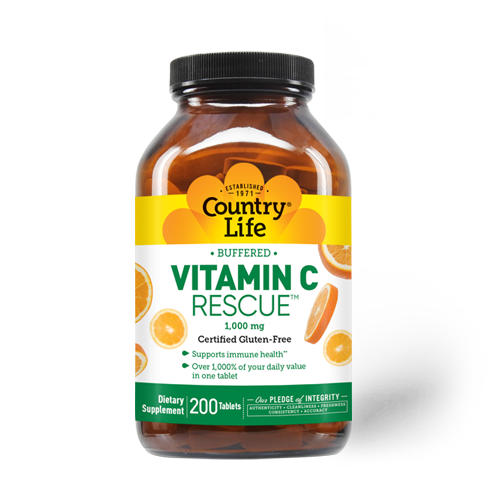
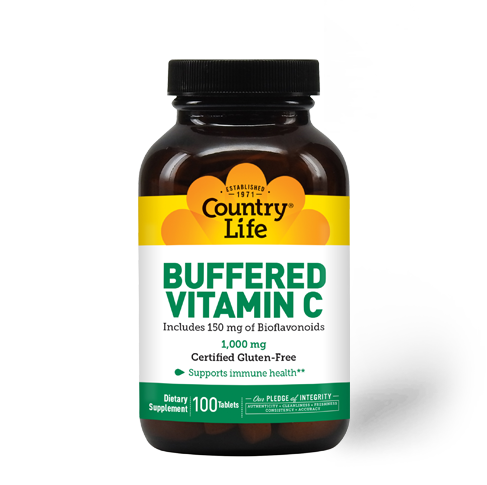
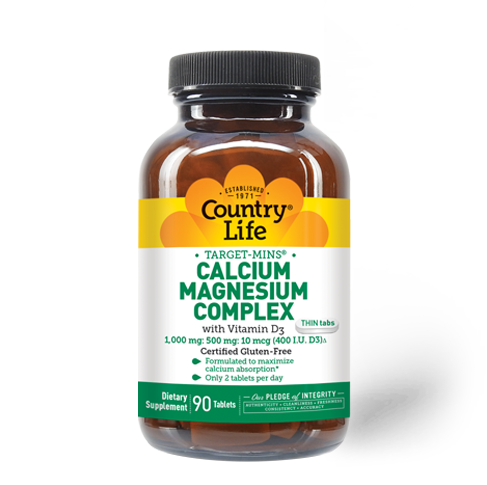
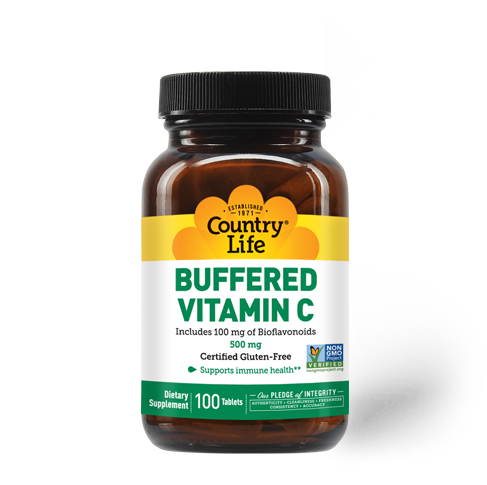
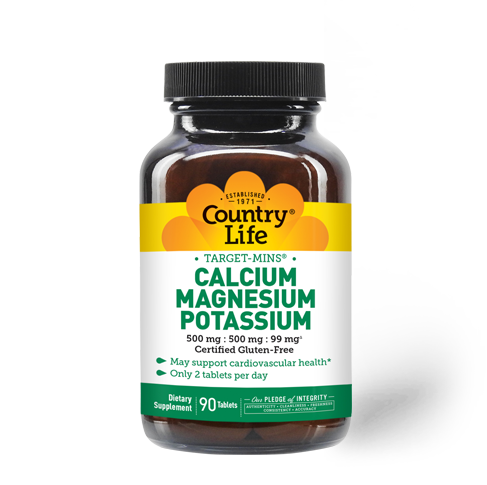
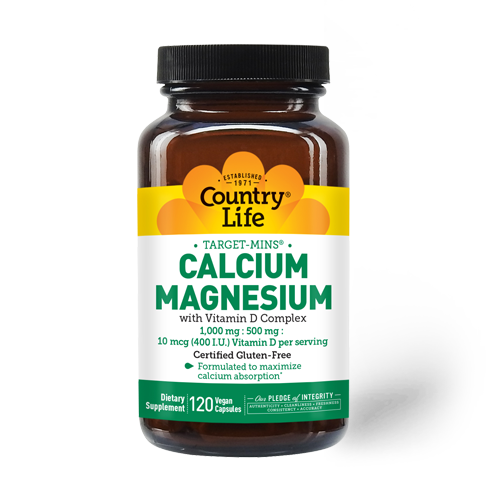
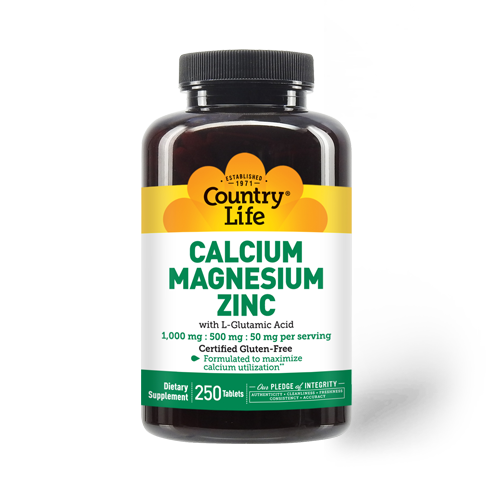
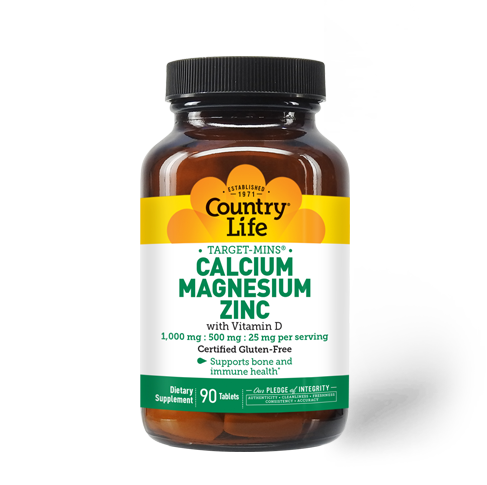










Share:
10 Best Supplements For The Keto Diet
Try Our New Hydrating Gummy: MAXI-HAIR® Skin & Nails with Hyaluronic Acid + Biotin